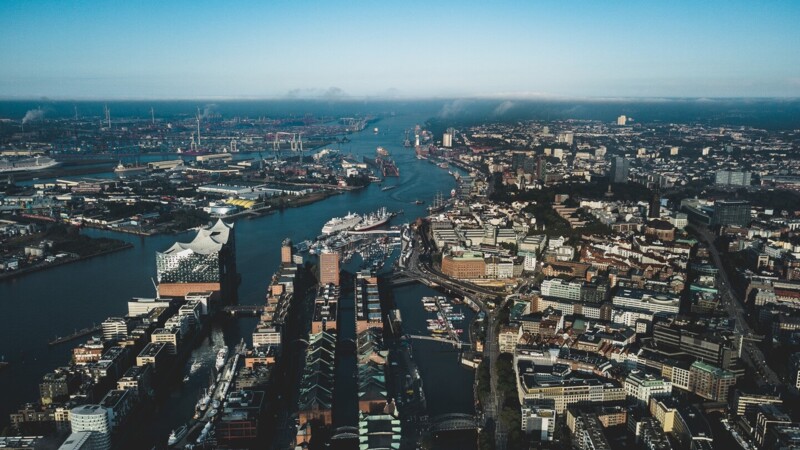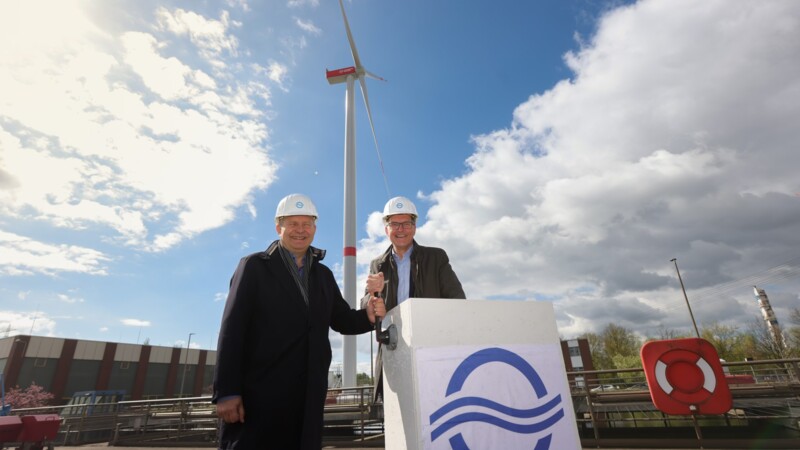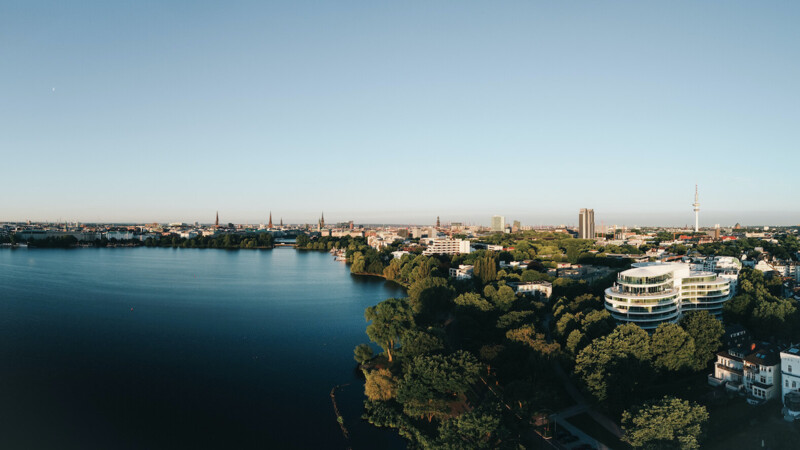"The urban economy consists of 360 companies with over 74,000 employees and total assets of EUR 41 billion with the Free Hanseatic City of Hamburg as shareholder. We want to breathe life into the urban economic strategy and actively promote our mission statement 'Together for the Common Good'," said Dr Andreas Dressel, Senator for Finance. An event will be held on Gaensemarkt in Hamburg-Neustadt to mark "Urban Economy Day" in September. Various public companies will open their doors giving people an opportunity to learn more about their work. The Thalia Theater, for instance, will open its workshops while Hamburg Airport will stage a free model show.
The senate has announced the “Year of the Urban Economy” featuring diverse events to raise the visibility of Hamburg's public companies and especially those in which the city has a majority share, a press release said Tuesday (May 30, 2023). Under the theme of "Together for the Common Good", the aim is to familiarize the public with the economic strategy adopted in 2022 and to give people insight into corporate diversity and services provided. The “Urban Economy Day” on September 2, 2023 and an exhibition in City Hall are likely to be among this year’s highlights.
"Urban Economy Day" to revive strategy
One exhibition, three topics
An exhibition in City Hall from August 9-29, 2023 will reveal the structure of the "Hamburg Group", how the city manages its holdings, the sectors in which public companies are active and how they contribute to the common good. The public sector is aiming to become a driving force of climate neutrality and operate in a climate-neutral manner by 2040. The entire city is to become climate neutral in 2045. The urban economy presents itself as a job motor, as it created additional apprenticeship positions during the pandemic unlike private companies and as a role model in terms of equality. Women now account for 48 per cent of supervisory boards and 25.6 per cent of the management boards.
Goals of strategy
Four target clusters were created as part of the economic strategy, adopted in 2022, to help meet the United Nations Sustainable Development Goals of "Effectiveness and Performance", "Economy", "Climate and Environment" and "Social Responsibility. The clusters address the challenges of climate change, energy, the mobility transition, digital transformation and demographic change to make Hamburg a more sustainable city with an improved standard of living. The strategy emphasises 80 public companies in transport, energy, culture and health care.
nj/sb/pb
Sources and further information
More
Similar articles

Hamburg among most promising cities of the future, FDI survey finds

Stromnetz Hamburg presents positive annual report for 2022

Fourth wind turbine in operation on wastewater treatment plant
